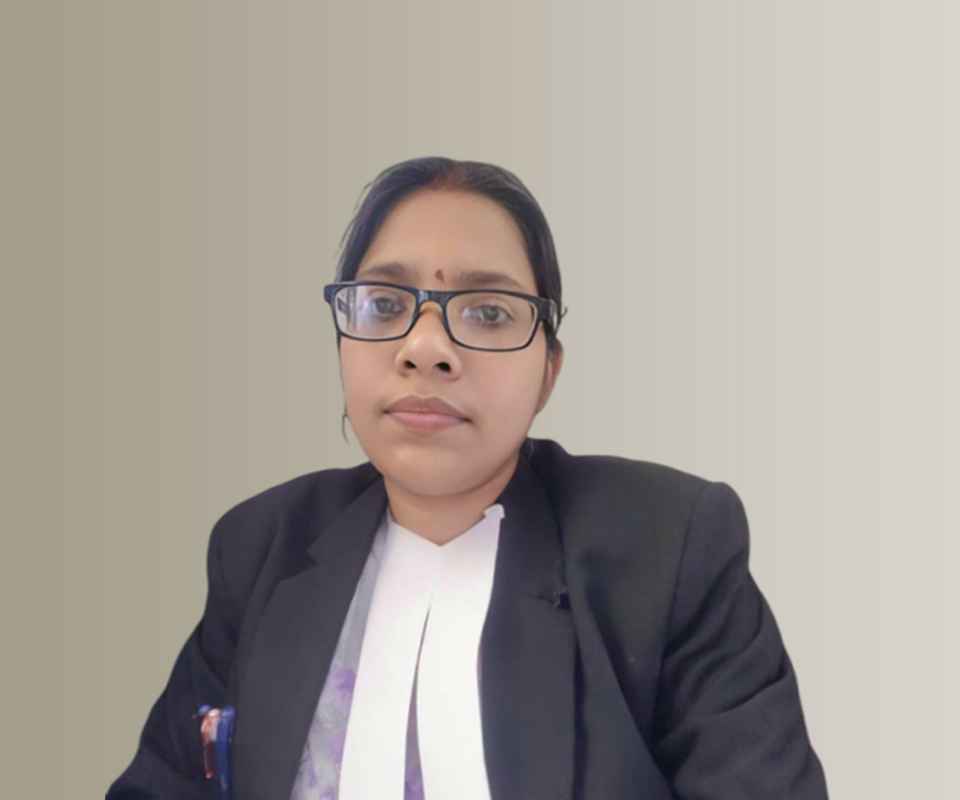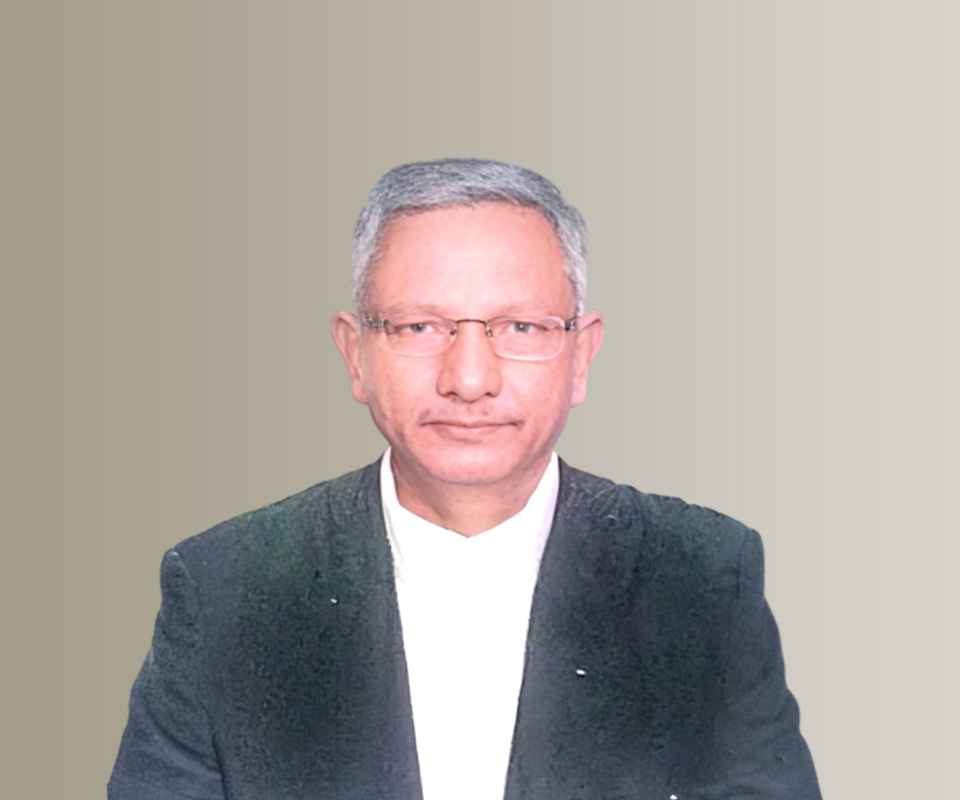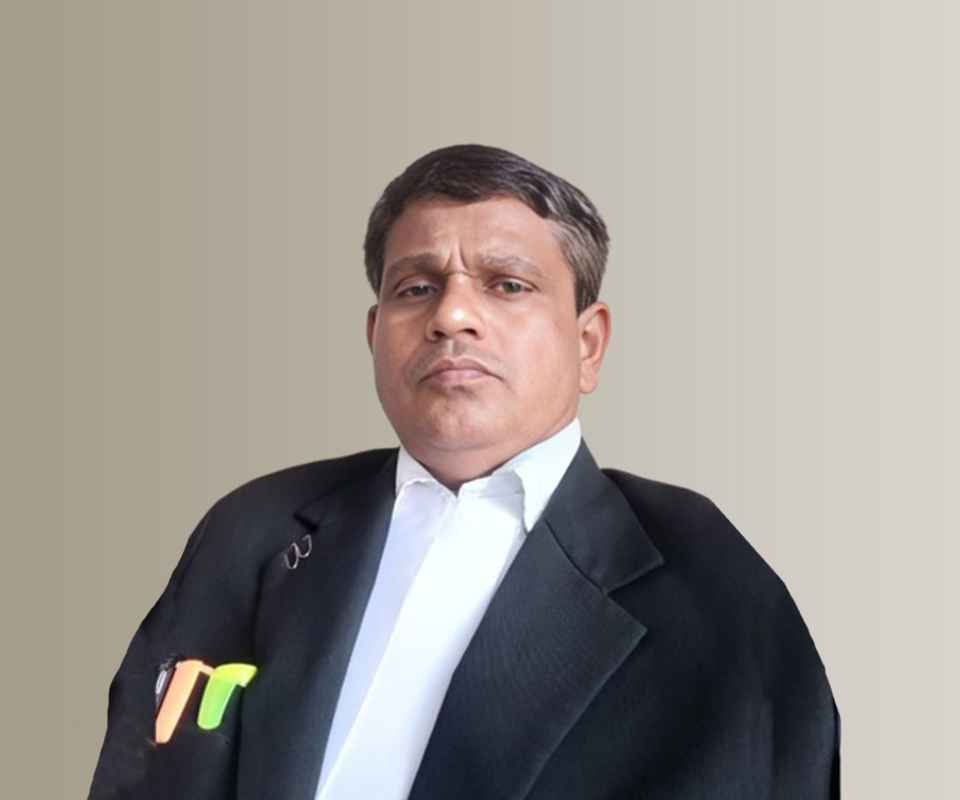Answer By law4u team
In India, domestic violence is predominantly perceived as an issue affecting women, with laws such as the Protection of Women from Domestic Violence Act (PWDVA), 2005 focusing primarily on the protection of women from abuse in domestic settings. However, men can also be victims of domestic violence, though they may face challenges in accessing legal protections due to societal stereotypes and gendered perceptions. The question arises whether Indian law recognizes male victims of domestic violence and whether appropriate legal safeguards are in place for them.
Can Men Be Victims of Domestic Violence Under Indian Law?
Legal Framework:
While the Protection of Women from Domestic Violence Act (PWDVA), 2005 is specifically designed to protect women from domestic abuse, the law does not explicitly exclude men from being victims of domestic violence. In fact, Section 2(a) of the PWDVA defines aggrieved person as any person who has been a victim of domestic violence, regardless of gender. This broad definition suggests that men, too, can be considered victims of domestic violence under Indian law.
Judicial Precedents:
Indian courts have recognized the possibility of men being victims of domestic violence in several cases. For instance, in the case of Ramesh Chandra Sharma vs. State of UP (2014), the Delhi High Court acknowledged that men can be victims of domestic violence and may seek redress under existing laws. The court observed that domestic violence is not confined to one gender and can be inflicted upon men by women or by other family members.
Domestic Violence and Gender Bias:
Although the PWDVA protects men by including them as potential victims, the law's primary focus is on the protection of women due to the gendered nature of domestic violence. The majority of cases under the PWDVA involve women as the aggrieved party. However, men’s experiences of abuse, whether physical, emotional, or psychological, are often underreported due to societal stigma and the prevailing notion that men cannot be victims of domestic violence.
Challenges Faced by Male Victims
Societal Stigma and Gender Norms:
There is a strong societal belief in India that men cannot be victims of domestic violence, and this belief often leads to the underreporting of male victimization. Men may feel embarrassed or ashamed to come forward, fearing ridicule or loss of social status. Gender stereotypes, which associate masculinity with strength and dominance, prevent men from seeking help.
Lack of Awareness and Support Systems:
Unlike women, who have access to numerous support services, shelters, and counseling specifically designed for victims of domestic violence, male victims often find it difficult to access appropriate legal and social support. There are fewer shelters and helplines catering specifically to men, and police may not take male complaints seriously, especially in cases where the abuser is a woman.
Limited Legal Provisions for Men:
While the PWDVA does not explicitly exclude men, there are other laws, such as the Indian Penal Code (IPC), that provide protection against physical abuse. However, these laws are more general and do not offer the same level of focus and comprehensive protection that the PWDVA does for women. The absence of male-specific legal remedies and institutional support can deter men from pursuing legal action.
Legal Protections for Male Victims of Domestic Violence
The Protection of Women from Domestic Violence Act (PWDVA):
Although the PWDVA is primarily intended for women, it can, in theory, be applied to male victims. Courts have interpreted the law's provisions in a way that allows men to seek protection from domestic violence. Male victims can approach the Domestic Violence Protection Officer or Family Court and file for protection orders, residence orders, and monetary relief. However, this legal avenue is often underutilized by men due to the societal pressure and stigma associated with being a male victim.
Indian Penal Code (IPC):
The Indian Penal Code (IPC) provides provisions that can be used to address physical abuse in domestic settings, regardless of the victim’s gender. For example, Section 498A (cruelty by a husband or relative) can be used in cases of abuse, though it is more commonly invoked in the context of women being victimized by husbands or in-laws. However, men can use the IPC to file complaints if they are subjected to physical violence or mental cruelty by their wives or family members.
Protection Under Criminal Laws:
If men are subjected to physical violence, they can file criminal charges under sections related to assault, battery, and outraging modesty in the IPC. In severe cases, men can also file for injunction orders or request police protection, especially when there is a threat to their safety.
Example
In one case, Vikas Sharma approached a family court in Delhi claiming that he was subjected to physical and mental abuse by his wife. Despite the stigma surrounding male victims, the court accepted his petition and issued a protection order. The case became a landmark as it set a precedent for male victims seeking redress under the PWDVA. However, the case was still met with skepticism in society, illustrating the ongoing challenges male victims face in obtaining recognition and legal protection.
Conclusion
Under Indian law, men can indeed be victims of domestic violence, and legal provisions exist that can offer them protection. The Protection of Women from Domestic Violence Act and Indian Penal Code provide avenues for redressal for male victims, although the primary focus of the law remains on protecting women. Male victims of domestic violence, however, face significant challenges, including societal stigma, lack of awareness, and limited access to support systems. Legal recognition of male victims and broader societal acceptance of this reality are necessary to ensure that all victims of domestic violence, regardless of gender, receive the support and justice they deserve. There is an urgent need for better infrastructure and support mechanisms for male victims to ensure equality and fairness in addressing domestic violence.







